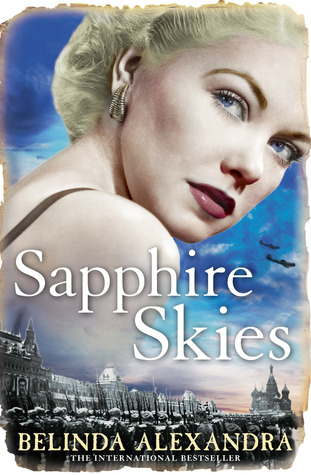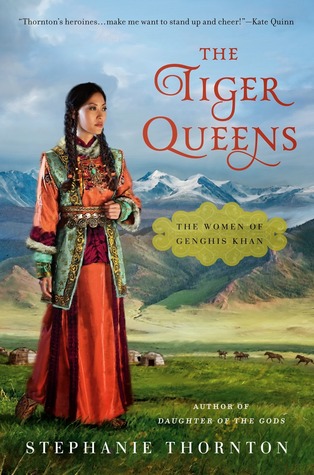 I found this story well-written and surprisingly, unpredictable. I was surprised because it was nothing like the many Japanese-internment-during-WWII stories I've read thus far and I've read quite a few. I feared it would be a regurgitated tale that I'd already read, but first of all, the combination of a Japanese man with a Caucasian woman was unique, as was the story of the heroine learning her husband's culture, the sideline of her brother dealing with his hatred issues, and the shocking twist about her husband in the end... Perhaps individually, the stories may not be considered unique, but combined in this book, they are.
I found this story well-written and surprisingly, unpredictable. I was surprised because it was nothing like the many Japanese-internment-during-WWII stories I've read thus far and I've read quite a few. I feared it would be a regurgitated tale that I'd already read, but first of all, the combination of a Japanese man with a Caucasian woman was unique, as was the story of the heroine learning her husband's culture, the sideline of her brother dealing with his hatred issues, and the shocking twist about her husband in the end... Perhaps individually, the stories may not be considered unique, but combined in this book, they are.Never a dull moment.
I had some trouble with the heroine, Maddie, at times. I felt like she was a woman way too eager to throw everything away for a man, though part of me also realized times were strife and options were few when this book starts, right before the bombing of Pearl Harbor. People acted rashly during this time, aware they didn't have long to follow their hearts and fulfill their desires. BUT I must confess I didn't feel she loved her husband as much as she continued to claim. Her reluctance to wear her wedding band, her fears of having a "half-breed" child kinda made me feel conflicted about her.
Is it brave or stupid that she gives up Julliard to follow her husband into a camp? If I felt it was really true love, I'd think it brave.
Lane...Lane is the bravest of all the characters. Lane is her husband and he risks and does so much for his family's honor, for his reputation, to gain his country's trust, to save Maddie's brother--a man I didn't feel warranted saving. I enjoyed his bits and this surprised me as I don't normally care for male characters as much.
I had some trouble with the brother. He's rough and unlikable and joins the service for less-than-stellar reasons. But his story is important. It shows what carrying around hatred and bitterness for a long time can do to a person. Through his eyes we see the brutalities committed against American POWs. And it's nice to watch him change as a person. Everything happens for a reason, hm...
So much to learn about in this novel: the treatment of Japanese on the west coast, internment camp life, POW life, how it was for a Japanese man in the American army, some Japanese customs and ways...
Despite the fact I didn't like the brother or even the heroine at times, I was very engrossed in this story and walk away from it more enlightened than I was before.
But dang it, I have to say...I'm terribly disappointed there wasn't more about Jo. Jo becomes a lady baseball player and I get we have a movie about it (A League of Their Own)...but I've been searching high and low for a good novel about the ladies or even just a woman who did this during the war. The book gave a LOT of what Maddie, Lane, and TJ were going through, but Jo was only mentioned as TJ's possible girlfriend. I feel there was potential there.




















